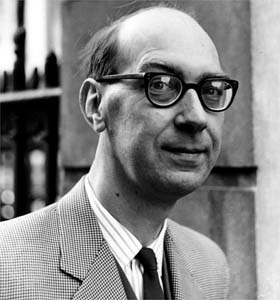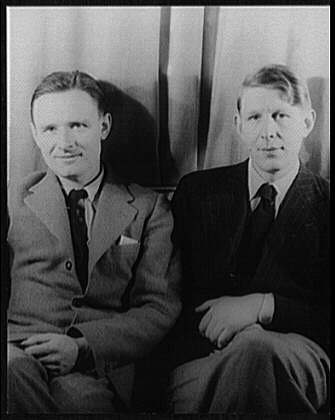In Peshawar, der Hauptstadt der Nordwestprovinz, ist das Mausoleum des berühmten Sufi-Mystikers Rahman Baba einem Bombenanschlag zum Opfer gefallen.
Rahman Baba, der im 17. Jahrhundert lebte, gilt als ein Heiliger unter den Sufi-Poeten, die in Paschto schreiben. Paschto ist für weite Teile Afghanistans und Westpakistans die führende Sprache.

Der zerstörte Schrein in Peshawar. Foto: AP
Der Wächter des Mausoleums wurde drei Tage vor dem Anschlag gewarnt. Die Attentäter scheinen sich besonders daran zu stören, dass auch Frauen zu dem Wallfahrtsort dieses Heiligen pilgern.
Überall in Pakistan gibt es die Schreine der heiligen Männer, die von der lokalen Bevölerkung verehrt werden. Diese Orte eines populären Volksislam sind den Taliban und den wahhabitisch munitionierten Moscheen (finanziert mit arabischem Geld) ein Dorn im Auge. Sie stehen der „Reinigung“ des traditionellen Islam im Wege.
Rahman Baba ist ein populärer Dichter, dessen Werke unter Paschtunen sehr verbreitet sind. Seine Gedichte handeln von Liebe (irdischer und göttlicher), vom menschlichen Streben nach Erleuchtung und Glück und Gott, von der Unterdückung der Paschtunen zu Zeiten der Mogul-Herrschaft.
Der Akt der Kulturbarbarei passt sich ein in Bild der Taliban-Offensive zur Destabilisierung und Terrorisierung Pakistans. Der menschenfreundliche und schwer kontrollierbare sufistische Volks-Islam soll zurückgedrängt werden zugunsten des Terrorregimes der Pakistanischen Taliban, die sich seit dem Deal über das Swat-Tal im Aufwind sehen.
Die New York Times berichtet, dass im Swat-Tal eine Terrorherrschaft begonnen hat, die bereits weitere Opfer gekostet hat. Rahmat Ali, ein Taliban-Gegner, hatte sich auf die Zusage der Regierung verlassen, es sei sicher, nach hause zurückzukehren. Er wurde von Militaten entführt, tagelang gefangen gehalten und ermordet. Seine Leiche hatte auf dem Rücken keine Haut mehr, als sie vorgestern gefunden wurde.
Nach einem Deal der lokalen Regierung mit den Militanten ist nun Musik verboten, Geschäfte müssen während der Gebetszeiten schliessen, und es werden „Beschwerdekästen“ für unislamisches Verhalten eingerichtet (eine Aufforderung zur Denunziation). Für die Wiedereröffnung der Hunderte von durch die Taliban niedergebrannten Mädchenschulen in Swat sieht es schlecht aus.
Hier eine Kostprobe der Dichtung Rahman Babas („Sow Flowers“ aus seinem „Diwan“):
Sow flowers so your surroundings become a garden
Don’t sow thorns; for they will prick your feet
If you shoot arrows at others,
Know that the same arrow will come back to hit you.
Don’t dig a well in another’s path,
In case you come to the well’s edge
You look at everyone with hungry eyes
But you will be first to become mere dirt.
Humans are all one body,
Whoever tortures another, wounds himself.

